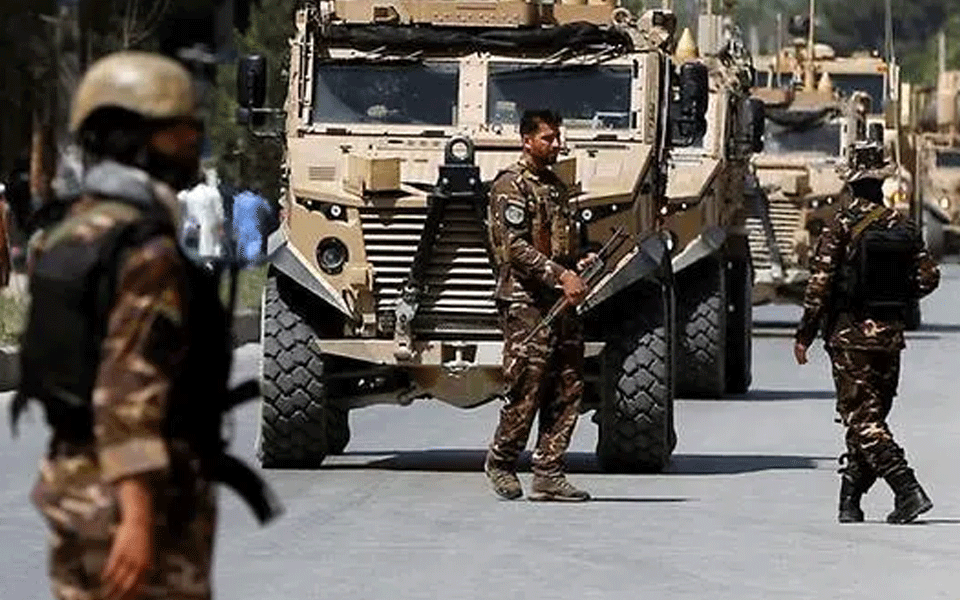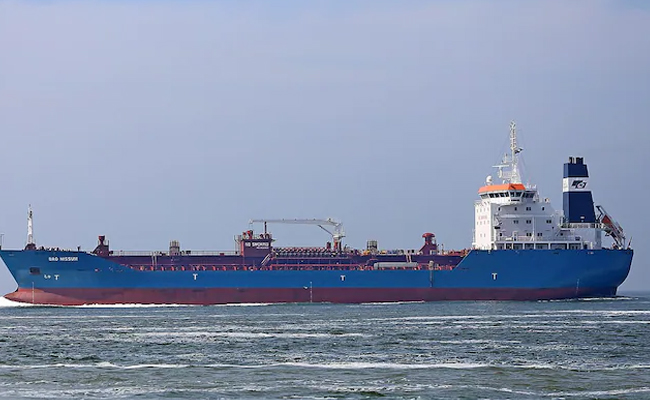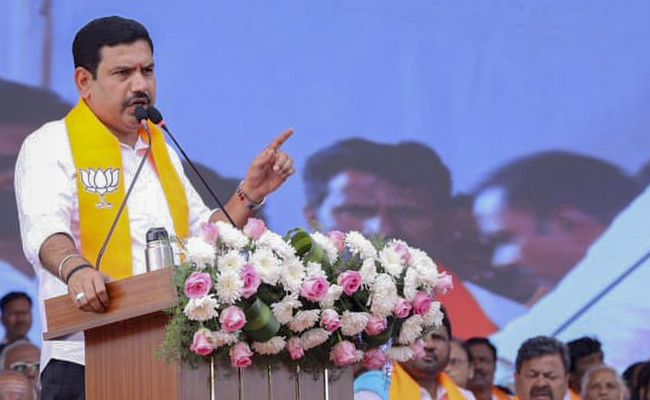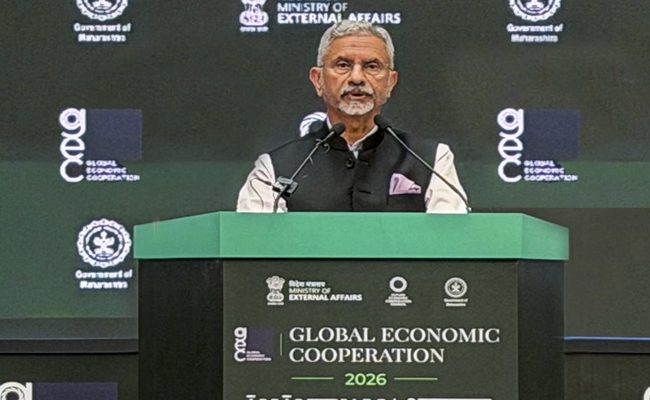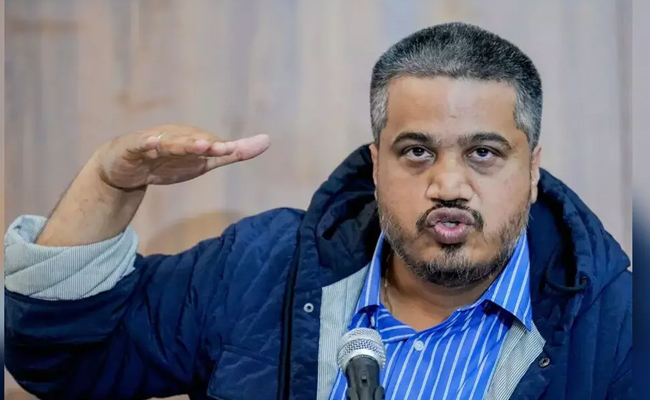Kabul: A roadside bomb tore through a bus in western Afghanistan on Wednesday, killing at least 32 people, including women and children, a provincial official said.
Mohibullah Mohib, spokesman for the police chief in Farah province, said 15 others were wounded with most in critical condition, indicating the death toll could rise.
The bus was traveling on a main highway between the western city of Herat and the southern city of Kandahar.
No one immediately claimed responsibility, but Taliban insurgents operate in the region and frequently use roadside bombs to target government officials and security forces.
The Taliban have kept up a steady tempo of attacks even as they have held several rounds of peace talks with the United States aimed at ending the 18-year war.
The attack came a day after the U.N. mission in Afghanistan released a report saying that most civilian deaths in the first half of the year were caused by Afghan forces and their international allies.
The report apparently referred to civilians killed during Afghan and U.S. military operations against insurgents.
The U.N. report said 403 civilians were killed by Afghan forces in the first six months of the year and another 314 by international forces, a total of 717. That's compared to 531 killed by the Taliban, an Islamic State affiliate and other militants during the same period.
It said 300 of those killed by militants were directly targeted.
The U.N. said the leading cause of civilian deaths and injuries was "ground engagements," which caused one in three casualties. Roadside bombs were a close second, accounting for 28%.
Afghanistan is one of the most heavily mined countries in the world a legacy of decades of war.
The Taliban, who effectively control half the country, have been meeting with U.S. envoy Zalmay Khalilzad since late last year.
They appear to be closing in on an agreement whereby American forces would withdraw from Afghanistan in return for guarantees that it would not be used as a launch-pad for international terror attacks. (AP)
Let the Truth be known. If you read VB and like VB, please be a VB Supporter and Help us deliver the Truth to one and all.
Jaipur (PTI): A man from Nagaur district in Rajasthan has gone missing after a missile struck an oil tanker he was aboard near Oman amid the ongoing conflict involving the United States, Israel, and Iran, according to his family members.
The family said they received information that an Iranian missile hit the vessel on the morning of March 1 while it was stationed at Khasab Port, causing significant damage to the ship.
Dalip Singh, the missing crew member, is a resident of Khinwatana village in Nagaur and began his duty on January 22.
He was serving as a crew member on the tanker operated by Skylight Company. At the time of the attack, Dalip was in the forward section of the ship with another crew member, Ashish Kumar, who hailed from Bihar. While Kumar's body has been recovered, Dalip remains untraceable, his brother Devendra Singh said.
Devendra further mentioned that the company informed them that most of the crew members were evacuated safely during the attack. However, Ashish and two others, including Dalip, have gone missing.
He noted that Dalip last spoke to the family on February 28.
Additionally, another man from Nagaur district, Sunil Kumar, was also working on the same vessel. Dalip is said to have taken over duty in the shift after Sunil completed his assignment, Devendra added.

